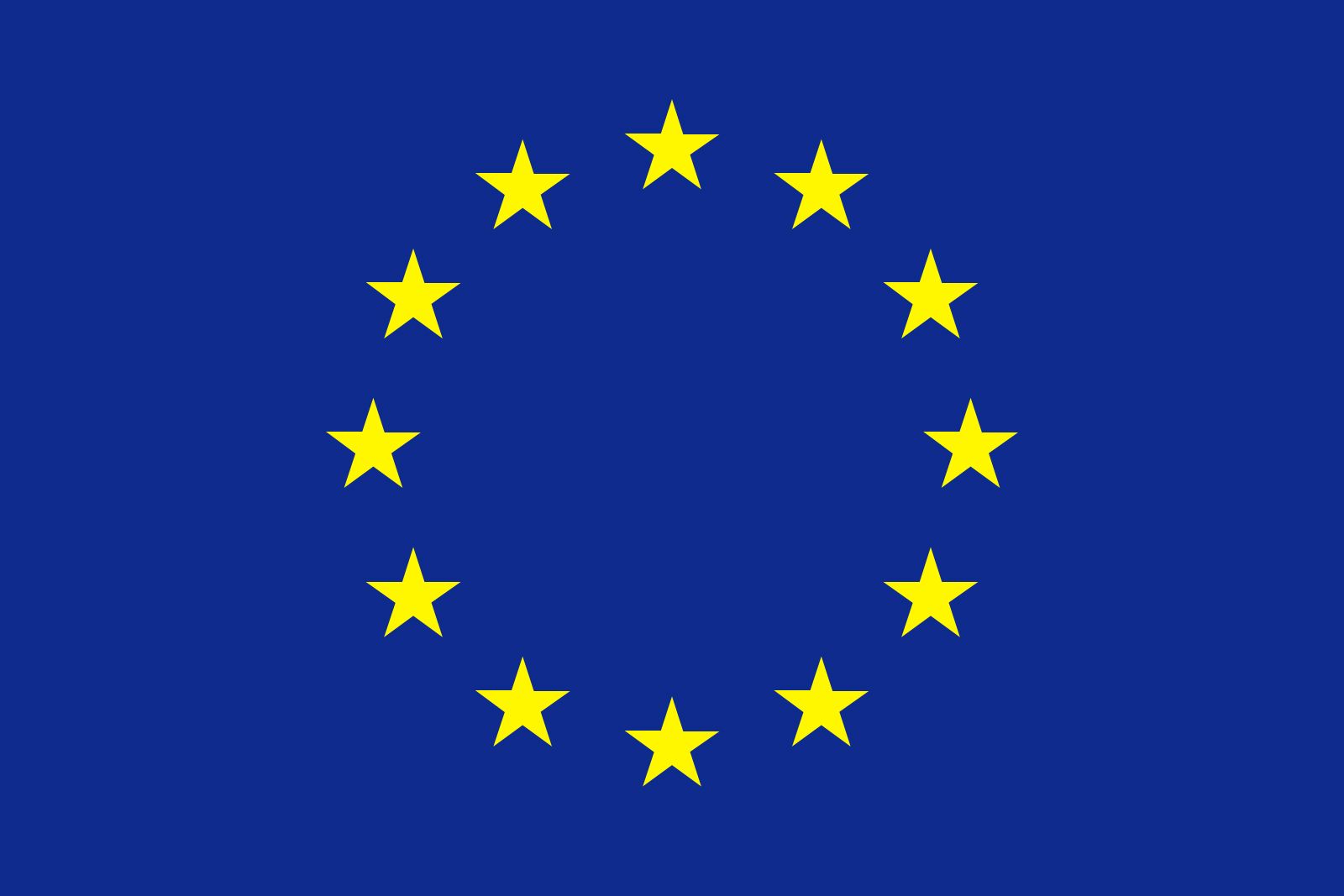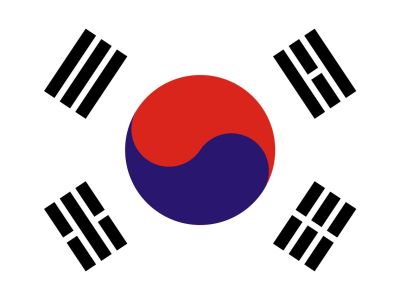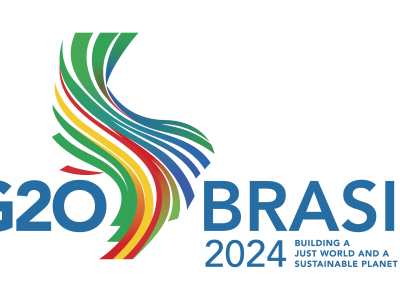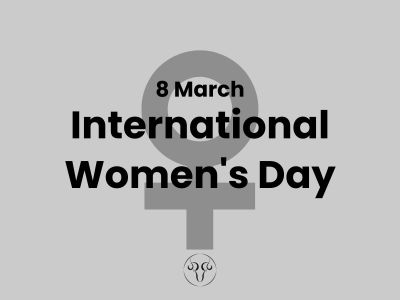European Union - (EU)

The European Union (EU) stands as a monumental political and economic partnership that comprises 27 European countries. Rooted in the aftermath of World War II, the EU has evolved into a powerful entity, impacting the lives of its citizens through various policies, regulations, and initiatives. Here's all you need to know about the European Union, its history, institutions, and significance in today's global landscape.
History of the European Union
Origins
The foundation of the EU can be traced back to the aftermath of World War II when the primary objective was to foster economic cooperation and prevent another devastating conflict. The European Coal and Steel Community (ECSC) was established in 1951 by six countries: Belgium, France, Germany, Italy, Luxembourg, and the Netherlands. This was followed by the Treaty of Rome in 1957, which created the European Economic Community (EEC) and the European Atomic Energy Community (Euratom).
Expansion
Over the decades, the EU has expanded both in terms of membership and policy areas. Several countries have joined the union, including the most recent addition, Croatia, in 2013. The EU has also broadened its scope beyond economic cooperation to include areas such as environmental protection, social policy, and foreign affairs.
he European Union (EU) has granted candidate status to Ukraine and Moldova in June 2022, and Georgia in December 2023.
Institutions of the European Union
European Commission
The European Commission is the executive branch of the EU responsible for proposing legislation, implementing decisions, and upholding EU treaties. Each member state appoints one commissioner, and the commission is led by its president.
European Parliament
The European Parliament is the directly elected legislative body of the EU. It shares legislative power with the Council of the EU and must approve the EU budget and new members of the European Commission.
Council of the European Union
The Council of the EU represents the governments of member states and is the main decision-making body in the EU. It shares legislative power with the European Parliament and adopts laws, coordinates economic policies, and concludes international agreements.
European Council
The European Council comprises the heads of state or government of EU member states, the President of the European Council, and the President of the European Commission. It sets the EU's overall political direction and priorities.
Court of Justice
The Court of Justice of the European Union ensures the uniform interpretation and application of EU law. It consists of the Court of Justice, the General Court, and specialized courts.
European Central Bank (ECB)
The ECB is responsible for monetary policy in the Eurozone, managing the euro, and maintaining price stability. It operates independently to ensure the stability of the euro and the EU's financial system.
Key Policies and Initiatives
Single Market
One of the EU's most significant achievements is the establishment of the Single Market, which allows the free movement of goods, services, capital, and people within the EU. It aims to boost trade, create jobs, and promote economic growth.
Common Agricultural Policy (CAP)
The CAP aims to support farmers, ensure food security, and promote sustainable agriculture across the EU. It provides financial assistance to farmers and regulates agricultural markets to ensure fair competition and environmental protection.
Schengen Area
The Schengen Area comprises 26 European countries that have abolished passport and border controls at their mutual borders. It allows for the free movement of people within the area, enhancing travel and trade.
Climate Action
The EU is committed to tackling climate change and has set ambitious targets to reduce greenhouse gas emissions, increase renewable energy use, and improve energy efficiency through its European Green Deal and other initiatives.
Challenges and Criticisms
While the EU has achieved many successes, it also faces several challenges and criticisms. These include concerns about democratic accountability, the impact of EU policies on national sovereignty, and economic disparities between member states. Issues such as Brexit, migration, and the response to the COVID-19 pandemic have also tested the EU's unity and resilience.
The European Union remains a unique and influential political and economic partnership, shaping the lives of over 440 million people across Europe. With its complex institutions, diverse policies, and ambitious initiatives, the EU plays a pivotal role in today's global landscape. While it faces various challenges and criticisms, its commitment to promoting peace, prosperity, and cooperation among its members underscores its enduring significance in the 21st century.









